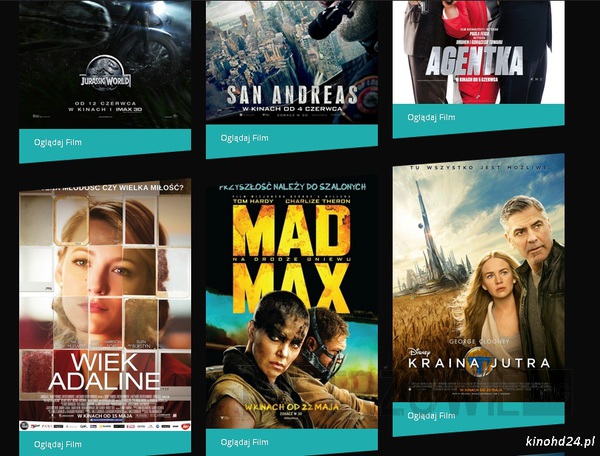The subject of the film – Polish-Russian War.
"Polish-Ruthenian War Under the White and Red Flag" is a screen adaptation of the best-selling novel by Dorota Masłowska. Both the book, as well as a film shot faithfully to the literary prototype, is a kind of abstract and grotesque commentary on the Polish reality that surrounds us in the 21st century. The strength of the film is precisely the timeliness and authenticity of events presented in an unconventional way with a large dose of distance and humor..
Both the movie, and the book are a form of self-commentary. Dorota Masłowska appears in the film (the author's actions are also shown in the book's narration), which disrupts the fictional order. Here, the recipient is not entirely sure, whether what he sees on the screen is a hypothetical film "truth", or is it just a figment of the teenage girl's imagination at the beginning. She is shown as a high school graduate, who instead of studying for exams, sitting over a sheet of paper, and before her eyes appear the figures of the Strong, Angela or Magda. We know from the very beginning, that what happens is controlled in some way. Masłowska also appears in the person of a policewoman interrogating Silny, which he realizes at some point, that he cannot be responsible in any way for his fate, because he's just a movie character, and the world that surrounds him, it is only a model of reality constructed for the needs of a film set. Another scene, The only thing that destroys the whole plot construction is Silny's performance in a television studio, during which a young man is exposed to the mercy or disfavor of a sensation-hungry and spicy audience. Thus, already in this one aspect, a wide range of problematic stories is revealed: so we have a developer auto-comment thread, man is shown (Strong), who cannot be responsible for his fate as a creature controlled by someone or something, the truth of his existence is undermined, and the possibility of free will. Strong, lost in a tangle of unresolved hypotheses, he is lost and tossed about, and only, what is left for him in the face of such a turn of events is ... banging his head against the wall. Literally!
"Polish-Russian War" is also a kind of artistic reflection on our parochial Polishness. We see heroes – residents of the urban area, wandering idly between blocks. Seemingly, these are ordinary pumped-up tracksuits, painted maidens dreaming of a rich "prince", that will take them out of this world, petty moneylenders and thieves or tired representatives of the middle class spending their free time with sausages and barbecue. We watch them wandering around the backyards filled with apathy, fights, special events, making one's miserable self more pleasant through various kinds of intoxicants, etc. We see and evaluate the world perceived through their eyes, we hear their own opinions about it. And all this is presented to the viewers with a huge dose of irony in a comic style. Such a superficial interpretation of the issue, however, carries deeper layers of meaning. For here it turns out, that the characters are specific representatives of certain real features visible in the reality that surrounds us on a daily basis. They have their problems, uncertainty, they question their existence, trying to put some pieces together. they love, they hate, they fight, they're playing, boring, dream etc.
Boring, small, Polish town is full of diverse personalities, which, if we look at them closely, they are very similar to our friends, neighbors or neighborhood buddies. A hugely important aspect, contributing to the authenticity of the presented content, there is language in the film, which is a faithful reflection of the colloquial "neighborhood" speech.

